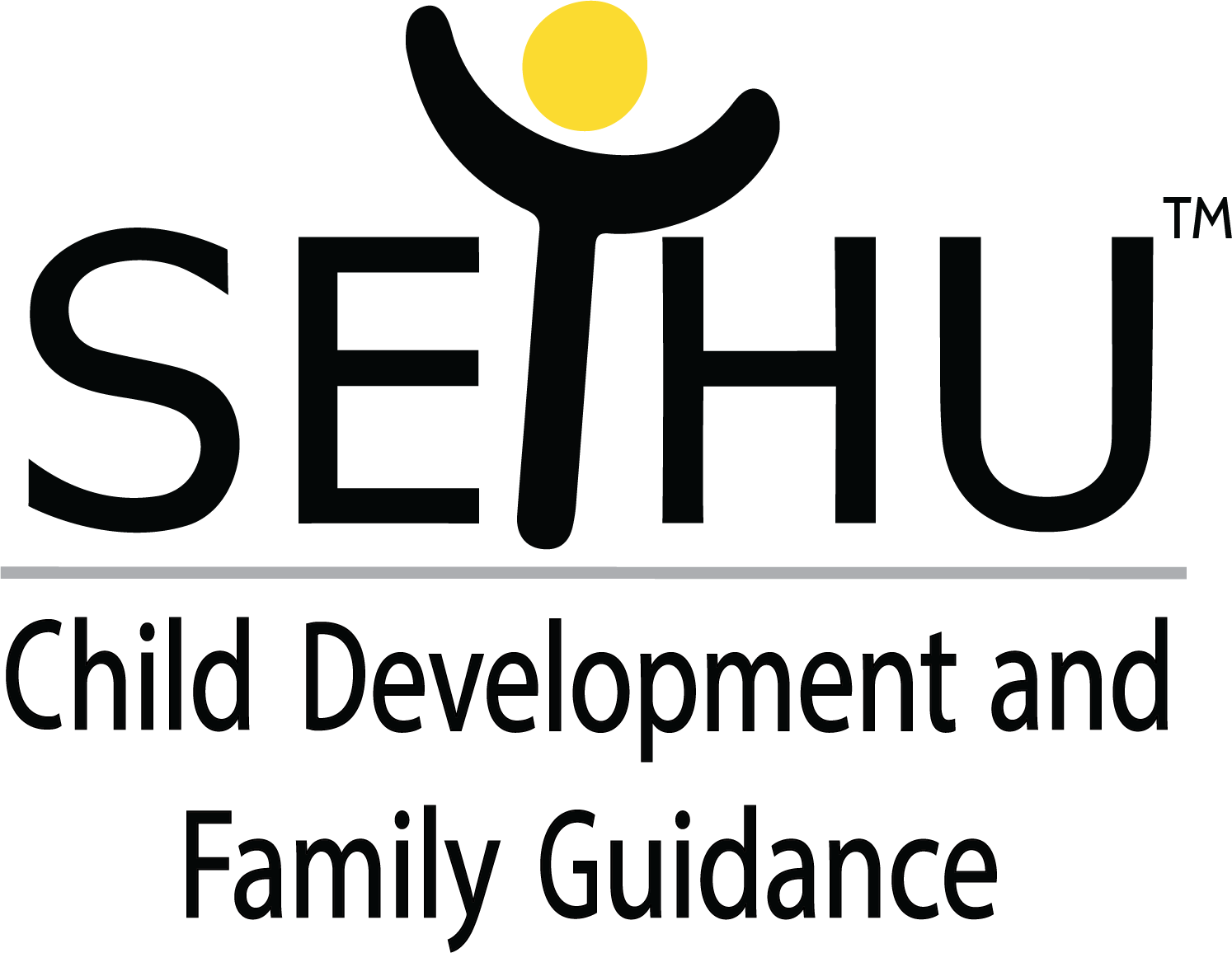Author: Trisha Saldanha | June 3rd, 2021

Q: How did you address personal fears, if any, about being able to love and care for an adopted child? Are these fears warranted to any extent?
Ans: “I think not putting pressure on ourselves to fall for the ‘love at first sight’ adage really helped. I didn’t feel like I had to feel a connection from the very first moment. But within days the question ‘how have I ever lived without you’ rang deep and true. We had made a decision that we would not turn back no matter what, and so there were lots of fears, but not unlike any parent adding a new member to their family.
I really think fears are to be acknowledged. So much parenting is learned moment by moment. You can prepare for every eventuality but, all the preparation can easily fly out the window. So really sitting with feelings, talking about them, building a support structure of people is so important. No parenting job comes without fear, learning to ride with them is part of the deal.”
Q: How do you help your child deal with possible bullying or judgement from others for being adopted?
Ans: “This is hard. Unfortunately, there is no real way to avoid this. So much of bullying and judgement comes from a fear of one’s own insecurity. A lack of information about hardships and peoples journeys, in general, doesn’t help. The only way to help is, to be honest with our children. No topic is off-limits and any questions asked are answered truthfully and age-appropriately. We constantly remind our children that they are loved, their feelings are honoured and that they can ask us anything and tell us anything without judgement. This includes all information about their adoption, the process, future plans, etc.
The more they know, the easier it is to keep communication open, the lesser bullies and judgements have to hold over them, knowledge is power after all.”
Q: What are your thoughts on disclosing to your child that they are adopted? In your opinion, is there a best way and the right age to do this?
Ans: “From day 1. Everyone is entitled to their story, their origin, their past. It is not my right to withhold information from my child for any reason.
We started at 4 months old – through prayer for birth family and anybody from their family of origin. Then it became about their features and who they could have matched. I don’t know how many times I’ve been told how my child looks so much like me. But I am careful to remind my kids that their features, though matching my husband and me, were in fact a mere coincidence and that somewhere a mother or father exist who gave them their features, mannerisms and behaviours.
We often talk about meeting their birth families as well. Keeping the door open to them potentially one day searching for them if that is something they decide to do. We talk about how they probably remember them often. How hard it is for a parent to ever forget their child.
We also work hard not to attach love to the concept of giving up a child for adoption. There is an intrinsic flaw of love=abandonment in that narrative that makes life complicated for adoptees once they grow up. We also snub the narrative that if we didn’t adopt them, they would be in a horrible situation because chances are someone else would have adopted them. We work hard on not telling them that they need to be grateful for us adopting them. Every time someone vocalises even in passing how lucky adoptees are to have parents who sacrificed for them, we say to them “it is you who sacrificed much more to make us happy. We are sorry your life had to start that way to make us happy”.
Adoption is a very nuanced topic. Truth has to reign. Beyond that adoptee rights also have to change. Laws need to get better. We need to give adoptees voices to shout out for their rights and it has to start with them knowing they deserve a voice, they deserve the space and they can have it. It’s the least we can do as their parents”
TRISHA SALDANHA Fellow – Occupational Therapist
